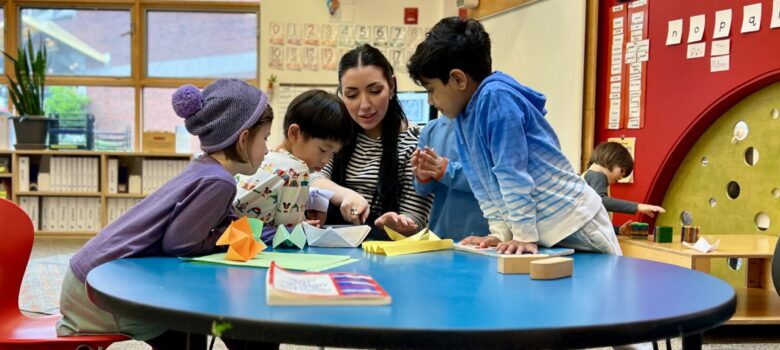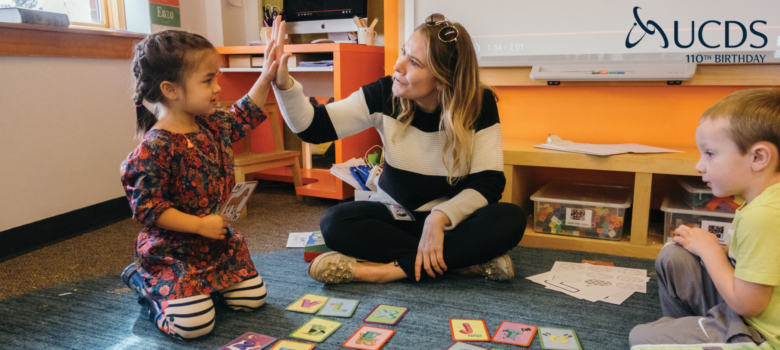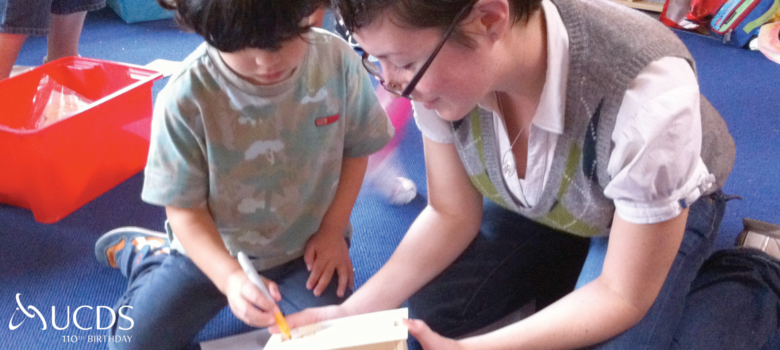How can we create a well balanced family and child? Jane Griffin provides some informative tips on how to build and maintain a healthy work-life balance for the entire family, including the children. -Ed.
– – – –
Last fall I attended a workshop at my daughter’s middle school. The topic was “The Well-Balanced Student: Avoiding Stress and Over-scheduling” presented by Denise Pope, Ph. D. Pope is a senior lecturer at the Stanford University Graduate School, where she specializes in student engagement, curriculum studies, qualitative research methods, and service learning. She is co-founder of Challenge Success, a research and intervention project that provides schools and families the tools they need to raise healthy, motivated students.
The description of the event was:
Today’s high-pressure, fast-paced culture can interfere with healthy child development. When we are too focused on test scores, rote answers and grades, we may deny kids the time and energy they need to develop important skills for success – the ability to be independent, adaptable, ethical, and motivated, critical thinkers. This workshop examines the tension that can occur between students, parents, and educators over issues such as homework, grades, and the culture of competition. Parents will learn research-based strategies to create healthier home and school environments for their children. In this presentation we will learn:
- How students today are coping – or not – with the academic pressure they face
- Ways to reduce school stress without sacrificing achievement and engagement
- Strategies to increase resilience, creativity, critical thinking and well-being for your child
Some strategies that I have implemented in my home are:
- P.D.F (children – of every age – need playtime, downtime, and family time)
- Playtime
- Reserve chunks of time for unstructured play
- Allow time for social lives
- Downtime
- Just chill! Listen to music, read a magazine, play a video game, etc.
- Family time
- Avoid scheduling talks during dinnertime and no devices at dinnertime
- Play games together
- Go on family walks
- Playtime
- Media
- No more than 1-2 hours of media per day
- Devices off 30 minutes to 1 hour before bedtime
- Charge devices away from bedrooms
- Avoid over-scheduling (to save time for P.D.F)
- Homework
- Don’t correct child’s homework
- Don’t micromanage child’s homework
- Let your child have bumps along the way. Failure is good for them.
I think the biggest takeaway from the workshop, was the reminder to define success on your own family, especially your child’s, terms. What does success look like to them? Examine subtle messages. Notice what you focus on in the majority of your conversations with your child. What are you posting about your child on social media? If you’re focusing on their academic accomplishments or being “the best” player on their team, you are creating underlying pressures for your child.





